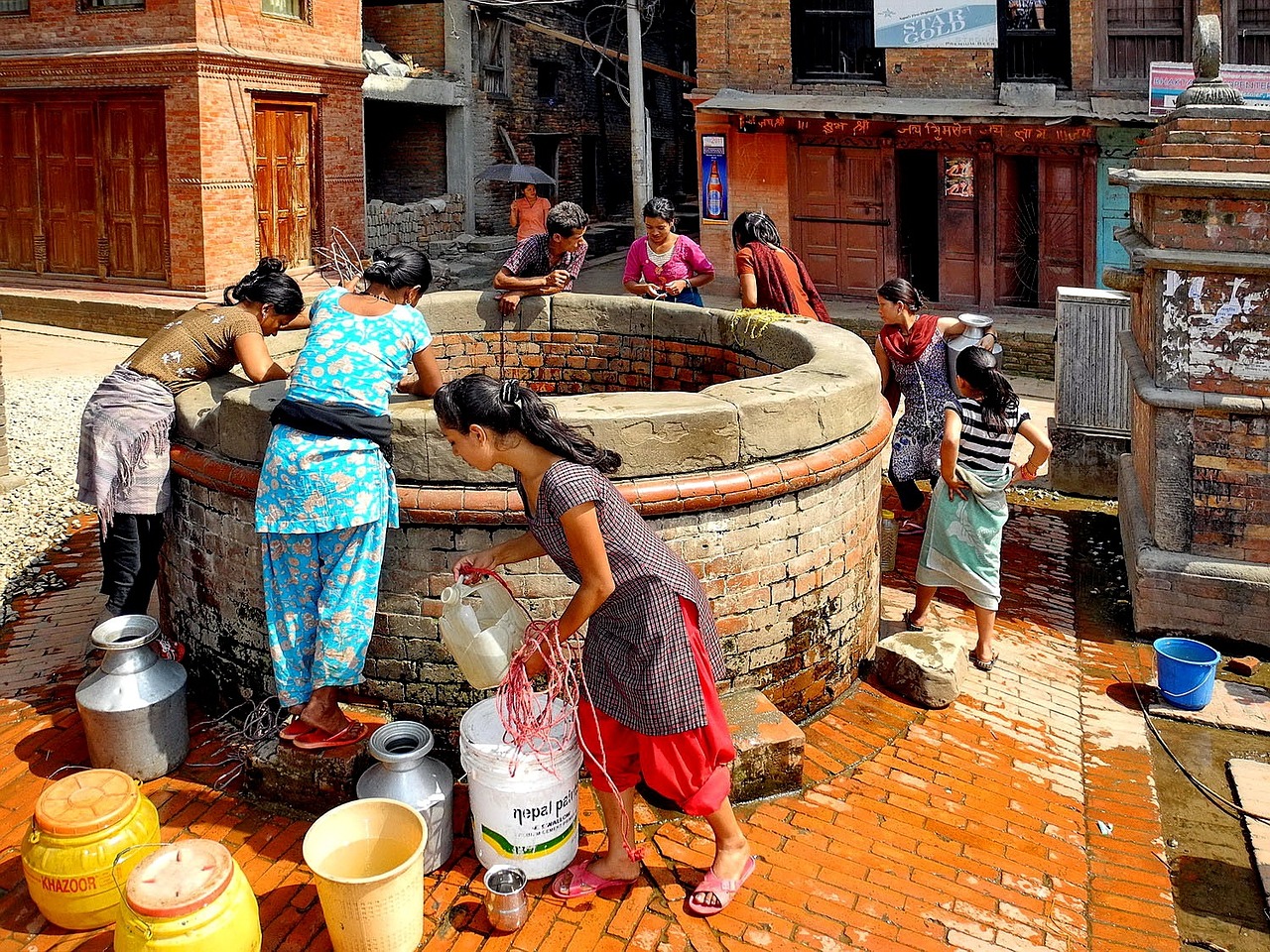
Maya tells what happened next:
…the dalal sold me to a malik [brothel boss]…The malik told me I owed him thirty-five thousand rupees [$780], and I must have sex with any man who chooses me until this debt is repaid. I refused and his men raped me and did not feed me. When I agreed to do sex, they gave me medicines because I had a urine infection. I was in that bungalow two years and had sex with about twenty men each day. There were hundreds of girls…many from Nepal. One time I tried to escape. I complained to the police but they did nothing. A few days later the malik’s men found me on the streets and took me back to the brothel. The malik put chili paste on a broomstick and pushed it inside me. Then he broke my ribs with his fist. The gharwali [house manager, madam] tended my wounds for a short time, and after this time even though my ribs pained very badly, I went to be with clients again, …After two years, the malik sold me to another malik on Falkland Road. During this time I lived in a pinjara [cage] with one other woman. It was very small and it was on the street, so it was very noisy at night. I was pregnant two times, and the gharwali gave me pills to kill the baby. The second time I became very ill. When I was strong I ran away. I went to a shelter…They told me I have HIV. They helped me contact my father, but he told me not to come home. He said I can never be married and because I have HIV, I can only bring shame.
The above was written by TA, a student of mine. She documents that the main factors which contribute to the trafficking of women and children are extreme poverty, cultural norms which devalue women and children, abuse at home, and absence of adequate law enforcement. The majority of the parents are deceived by a person who comes into their village with an offer of a job in the city. The family is often desperately poor and is struggling to feed their children and they jump at the opportunity for their child to have a better life. They are given money and the child is taken, often to never be seen again. Once in the city, they are sold to a brothel and held against their will, sometimes for years.
We’ve been coaching Jack and his wife for eight years now. Jack and his wife Lea operate seven small businesses in India. Their calling is to employ the unemployable. Many of their employees are HIV+, many are former prostitutes. Jack is quick to point out that if a family has no sustainable income, the young girls, even married women, are at risk of being trafficked. Kevin Bales the author of Disposable People: New Slavery in the Global Economy adds; As with the slaves of years ago, the question is no longer “Are they the right color to be slaves?’ but ‘Are they vulnerable enough to be enslaved?’ The criterion of enslavement today does not concern color, tribe, or religion; they focus on weakness, gullibility, and deprivation…The common denominator is poverty, not color”.
Jack and Lea have seen numerous enslaved women come to Christ. I have heard some of these women’s testimonies of how having an alternative income has been part of the solution to setting them free in the life as well as to meeting Jesus. Evangelism begins with a job, not with a handout.
![]()
PATRICK LAI and his family have worked in SE Asia for over 37 years. His experience in doing business with Jesus has brought him to understand the meaning of work and worship in the marketplace. He started 14 businesses in four countries, six of which are still operating. Patrick and his wife, May, mentor and coach businesspeople working where there are few or no Christians. Check out Patrick’s latest book, Workship, now available in paperback and e-book.
- Blog Home
- /
- Transformation
- /
- EVANGELISM BEGINS WITH A...
